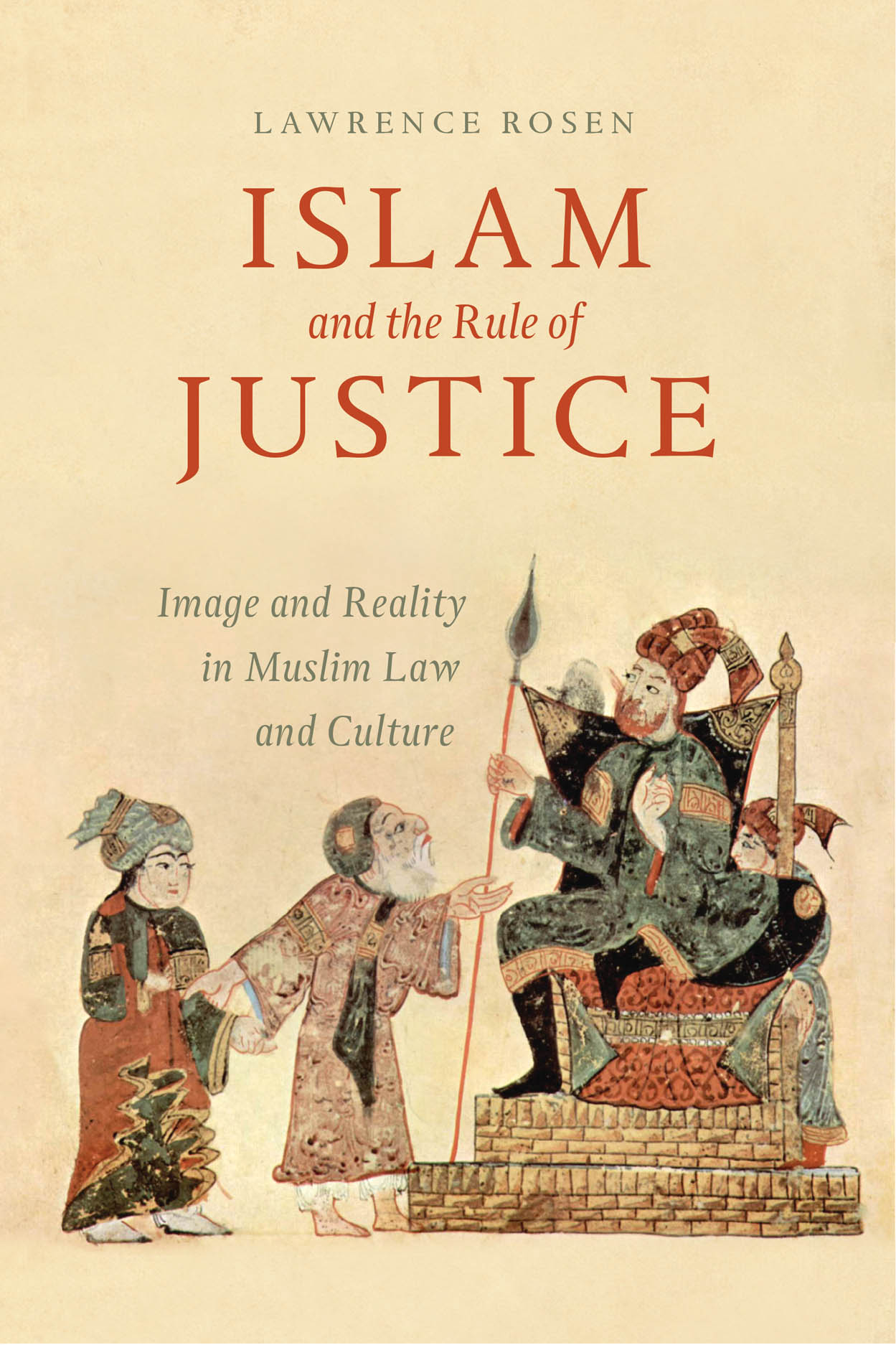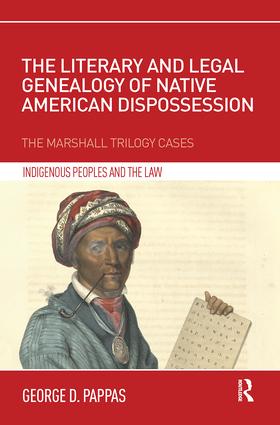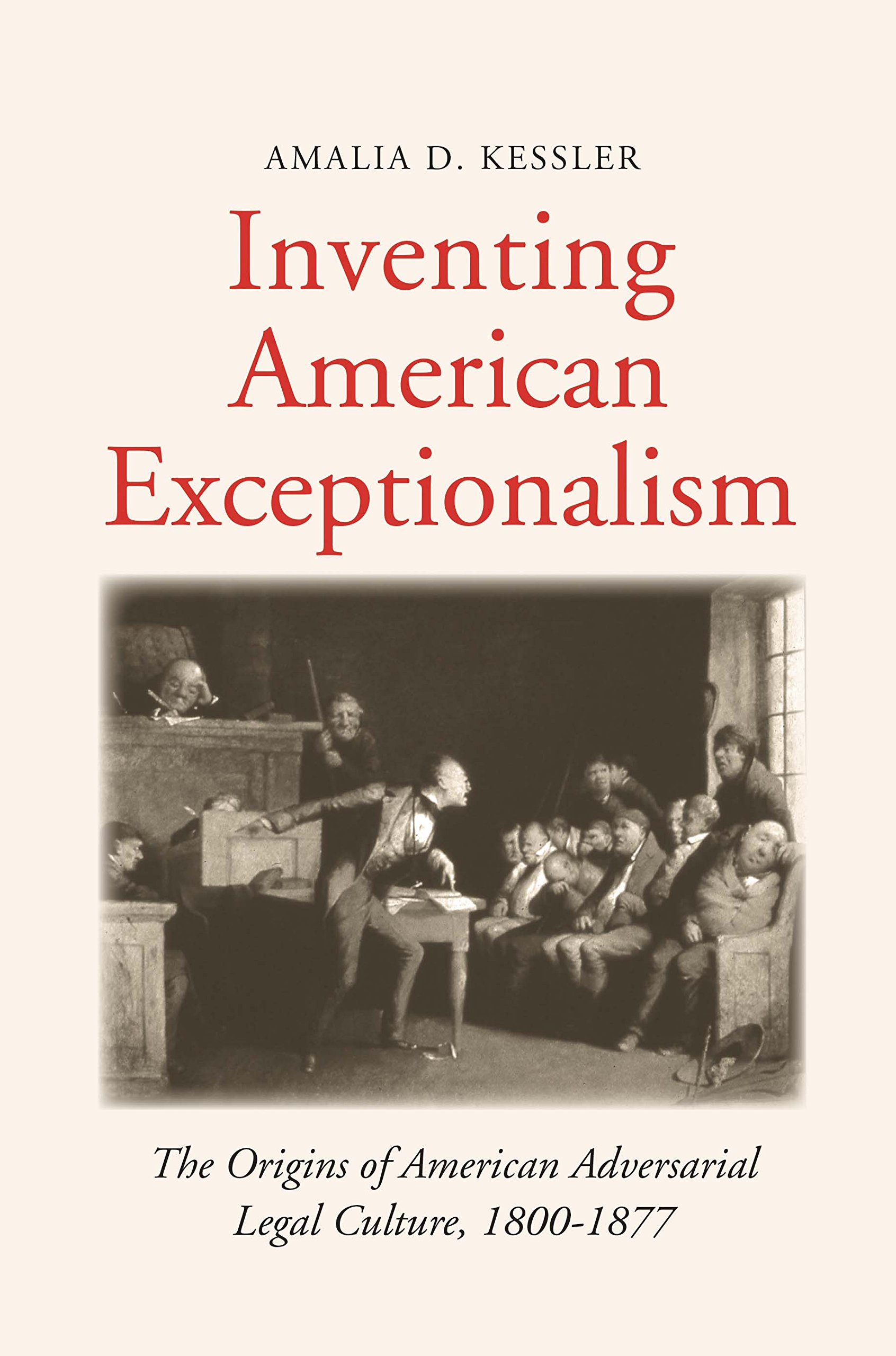[We have the following CFP.]
Writing In, Writing Out: Historcizing Agency, Mobility and Possibility. Åbo Akademi University, Turku, Finland, April 26th 2019
We invite papers for the PhD Workshop organised in conjunction with the Åbo Akademi's annual seminar in the minority research taking place on April 25th. The annual seminar of the Åbo Akademi University minority research profile will explore histories and historiographies of minority positions. It will trace practices of exclusion and inclusion, agency and mobility through archives and the materialities of class, race, body, gender and religion. How, what and whose stories are being told and untold - and by whom? How can they be told otherwise?
Confirmed seminar speakers are Milinda Banerjee (Presidency University), Daniel Blackie (University of Oulu), Gunlög Fur (Linnaeus University), Mona Oraby (Amherst College), Dorottya Szikra (Hungarian Academy of Sciences), Miika Tervonen (University of Helsinki).
Speakers will also act as commentators at the doctoral workshop. The organizers invite doctoral researchers approaching histories and historiographies of minority position from diverse disciplinary angles to submit paper proposals critically exploring dominant and marginalized minority narratives, subjectivities and identities they produce/have produced and resistance they engender/have engendered.
Interested PhD students can submit abstracts not exceeding 500 words by January 15th to both magdalena.kmak[at]abo.fi and pamela.slotte[at]abo.fi Selected speakers will be asked to submit full papers of approx. 3000 words by March 30th. The organizers are not able to pay for travels or accommodation of selected workshop speakers.
Writing In, Writing Out: Historcizing Agency, Mobility and Possibility. Åbo Akademi University, Turku, Finland, April 26th 2019
We invite papers for the PhD Workshop organised in conjunction with the Åbo Akademi's annual seminar in the minority research taking place on April 25th. The annual seminar of the Åbo Akademi University minority research profile will explore histories and historiographies of minority positions. It will trace practices of exclusion and inclusion, agency and mobility through archives and the materialities of class, race, body, gender and religion. How, what and whose stories are being told and untold - and by whom? How can they be told otherwise?
Confirmed seminar speakers are Milinda Banerjee (Presidency University), Daniel Blackie (University of Oulu), Gunlög Fur (Linnaeus University), Mona Oraby (Amherst College), Dorottya Szikra (Hungarian Academy of Sciences), Miika Tervonen (University of Helsinki).
Speakers will also act as commentators at the doctoral workshop. The organizers invite doctoral researchers approaching histories and historiographies of minority position from diverse disciplinary angles to submit paper proposals critically exploring dominant and marginalized minority narratives, subjectivities and identities they produce/have produced and resistance they engender/have engendered.
Interested PhD students can submit abstracts not exceeding 500 words by January 15th to both magdalena.kmak[at]abo.fi and pamela.slotte[at]abo.fi Selected speakers will be asked to submit full papers of approx. 3000 words by March 30th. The organizers are not able to pay for travels or accommodation of selected workshop speakers.






